Write the Utah State Board of Education, TODAY!
The USBE is Meeting on 9/8/2022, and Rule R277-609 is being amended to incorporate “harassment and discrimination-free learning” as required by House Bill HB428. The bill never defined what “harassment and discrimination-free learning” looks like, so the Board has a unique opportunity to define it in our board rule.
Member Cline has proposed to amend R277-609 to add the following definition of harassment and discrimination-free learning.
“Harassment and discrimination-free learning” means:
- The exercise of a child’s right of conscience, or a parent’s right of conscience on behalf of his or her child, is not abridged or threatened.
- Educators or students do not compel or deter by threats (intimidation). Disagreement or dissent is not inherently intimidation or violence.
- School discipline and consequences are limited to the parties involved in actual threats or imminent physical violence and are not used to justify universal or ongoing intervention programs and practices.
- A child’s participation in any activity is not forced, coerced, or compelled.
- A child’s speech, opinions, and beliefs are not forced, coerced, or compelled.
- A child’s physical, social, and emotional privacy is not intruded on by educators or students.
- Parents retain their inherent right to intervene between school authorities and their child for that child’s protection.
- Pornographic, obscene, or indecent materials, presentations, or displays are not a part of the school setting.
- Sex, sexual lifestyles, sexual identity, sexual expression, sexual activity, or fetishes are not promoted by educators in the school setting.
- Identity politics or group separatism (not including distinctions based on natal biology) are not promoted by educators in the school setting.
- Educators or schools do not draw undue attention to or penalize a child for exercising his or her right not to participate in any activity that violates that child’s conscience.
- Educators or schools are not the arbiters of what constitutes diversity, equity, or inclusivity, and do not impose such upon students.
- Educators or schools do not seek to conform students to any particular belief.
- Expression of personal beliefs by a student participating in school-directed curricula or activities is not prohibited or penalized unless the expression unreasonably interferes with order or discipline, threatens the well-being of persons or property, or violates concepts of civility or propriety appropriate to a school setting. (53G-10-203)
Please include in your message an example from your child’s school experience when a tenet of this definition would have protected them.
Right now, the radical left is leading the narrative around what “harassment” and “discrimination” look like.
For example, under Biden’s new definition of Title IX, you can be charged with “sexual harassment” for not using someone’s “preferred name” or “pronouns.” The left considers things like equality under the law “discrimination.”
It is crucial that we define this term in a way that actually protects our students’ and parents’ constitutional freedoms: free speech, religious freedom, and rights of conscience.
Please see the image below for more information!
Email the elected members of the Board
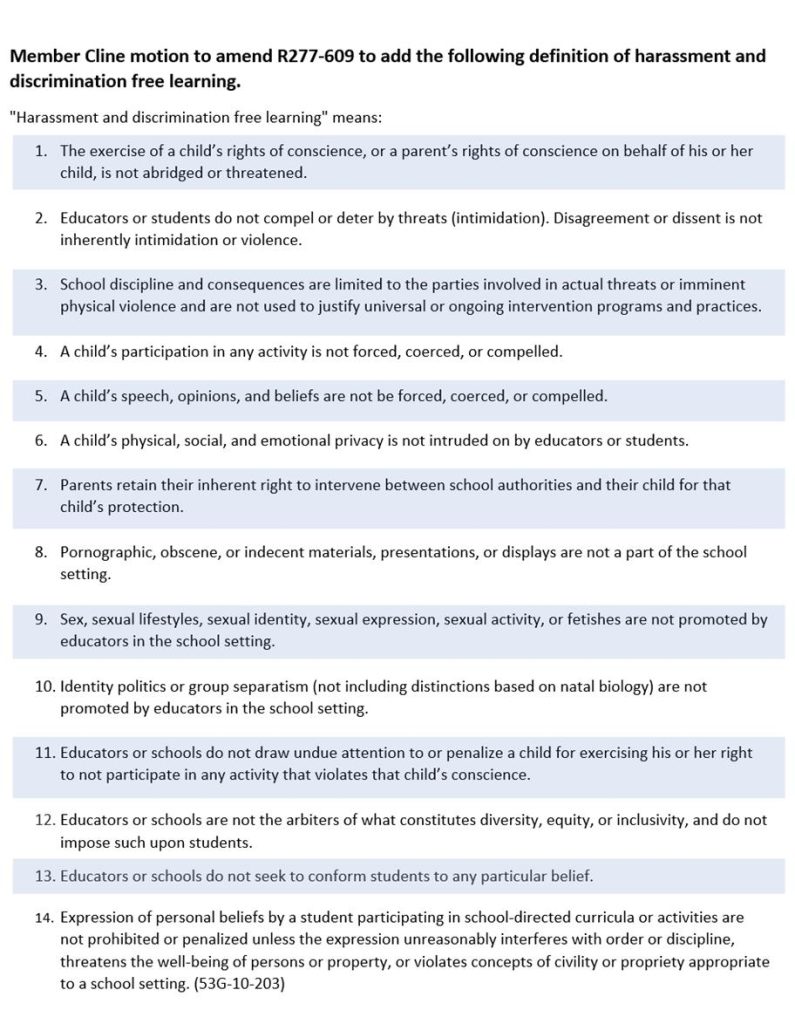
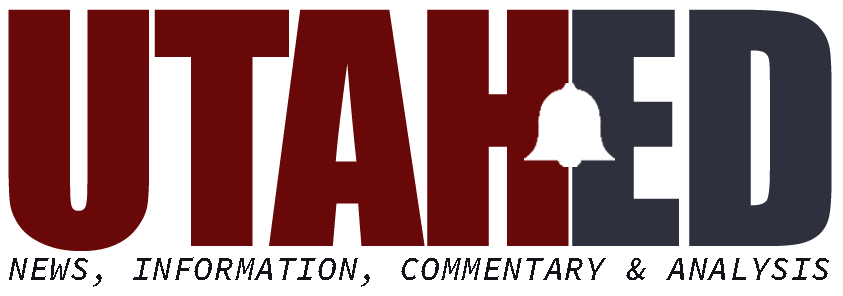
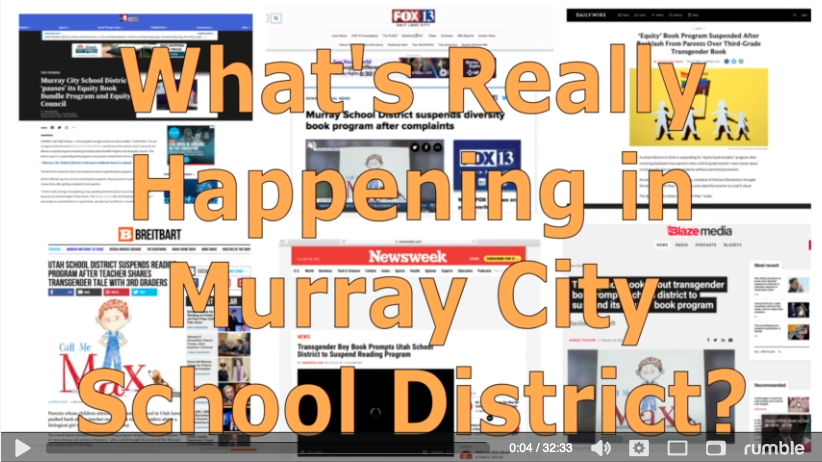

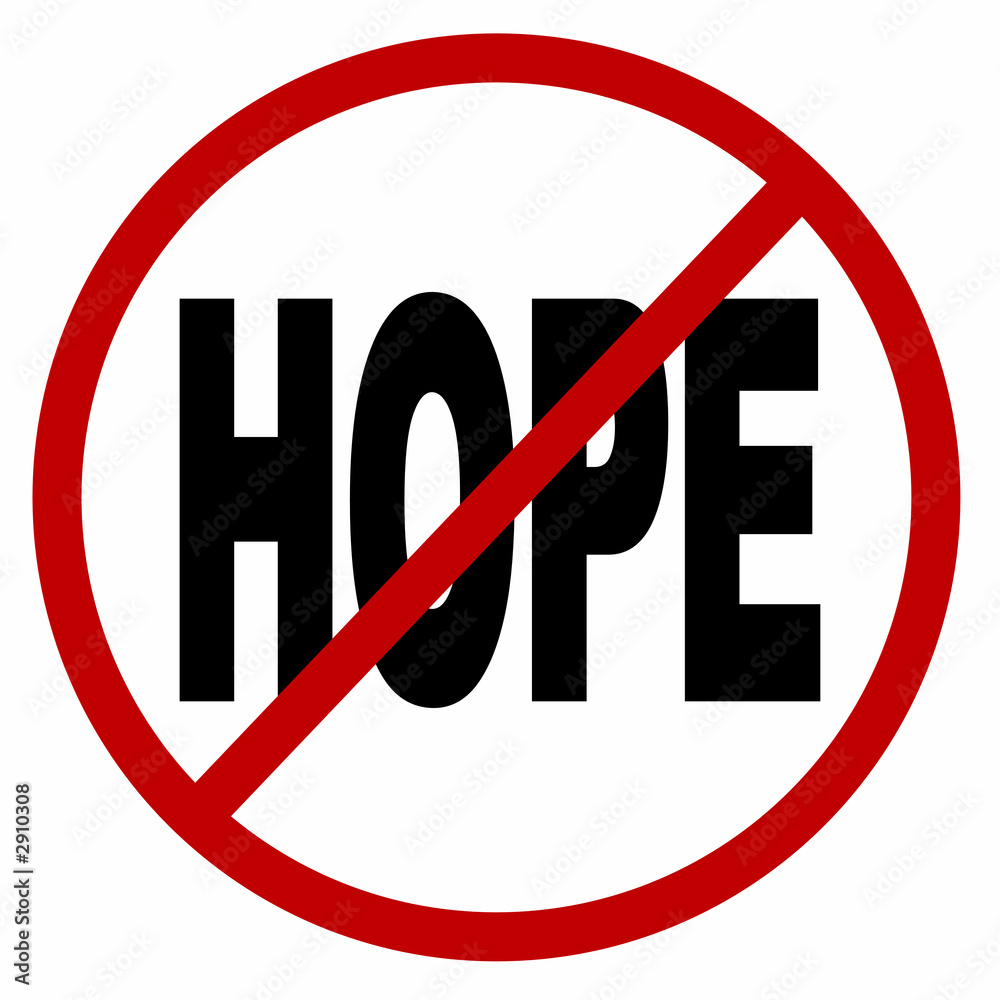
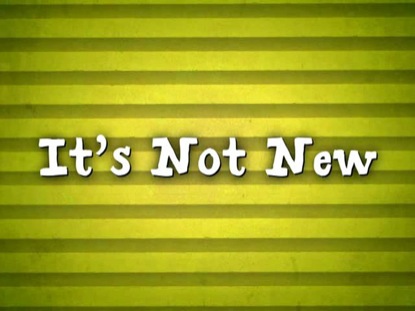

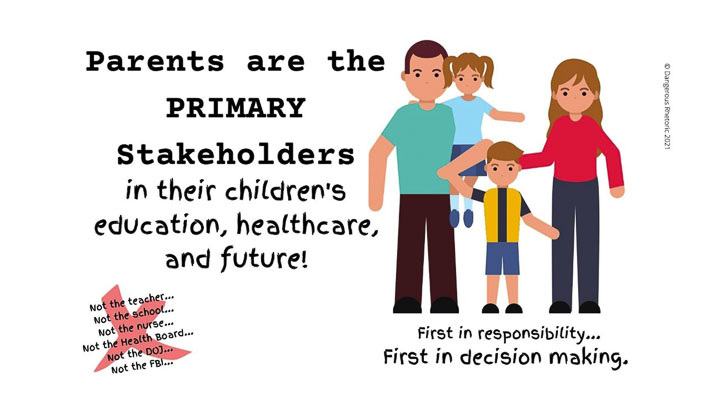
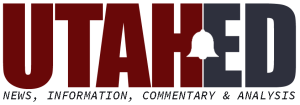 Periodically in your inbox. Subscribe Below.
Periodically in your inbox. Subscribe Below. 